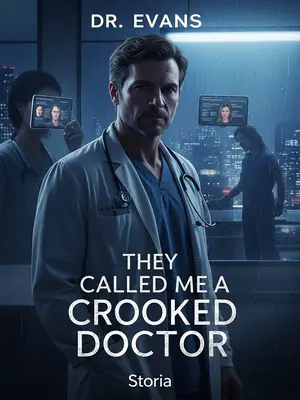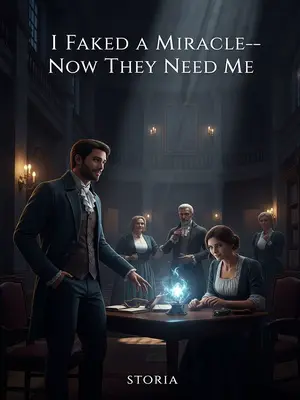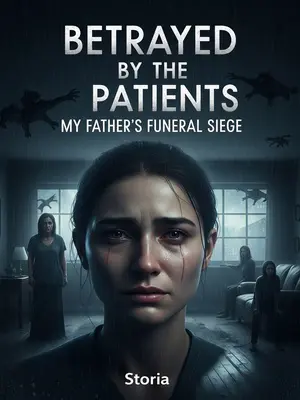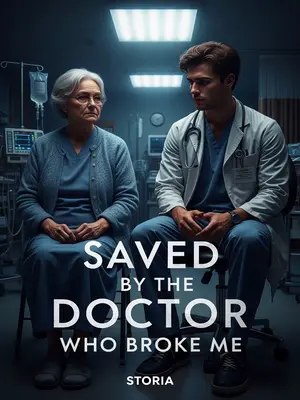Chapter 4: The Accusation
I turned down the hospital’s invitation to celebrate, gave final instructions to the family, and headed straight to the airport to catch my flight home.
I didn’t want the fuss. I’ve never liked the spotlight—just a handshake with the family and a word of thanks to the surgical team. I packed my things and left quietly, grabbing a cup of stale airport coffee before my flight.
Just before I powered down my phone, I got a notification: $1,400 had been deposited into my account. This was the specialist consult fee. The hospital knew, the family knew, the authorities knew—everything was aboveboard. I accepted it with a clear conscience.
I checked the transaction three times—old habit. I always kept my finances squeaky clean. In medicine, your reputation is as fragile as glass.
There was still plenty to do at work. Every week, I scheduled three or four surgeries. Even though I was used to it, every time I saw a patient lying on the table, I felt a pang of sorrow. If only medicine could gather dust and never be used—if only no one ever got sick. Maybe someday.
The truth is, every surgeon I know dreams of a world where they’re out of work. Until then, you show up, do your job, and hope it’s enough.
Almost a month went by in a blink. One day, after a department meeting, Dr. Sanders called me into his office. Dr. Sanders, Ms. Lee from admin, and Dr. Hayes from medical affairs were all there, sitting stiffly.
Something about their posture set me on edge. No one cracked a joke. The air was thick with the kind of tension that only spells trouble.
“Dr. Sanders, you wanted to see me?”
My heart thudded in my chest. You never get used to being summoned by the higher-ups, no matter how long you’ve been at this.
“Dr. Monroe, please have a seat.”
He nodded and gestured for me to sit. For some reason, the air felt heavy, like something bad was coming.
I sat, smoothing my coat over my knees. Ms. Lee avoided my gaze. Dr. Hayes fidgeted with his tie.
“Dr. Monroe, please take a look at this.”
After a pause, Ms. Lee opened a laptop and pushed it toward me. It was a local news interview posted online. The background was a hospital room. A young patient in a hospital gown sat on the bed.
My gut clenched as soon as I saw his face. I recognized him instantly—even out of the OR, even through a screen.
“My name is Ethan Hall. I’m twenty-six. Six months ago, because of brain nerve damage, I became paralyzed on my right side.
In the past six months, my mom took me everywhere for treatment. They found the cause, but nobody could cure it.
Because my case was special, I needed brain nerve resection, but none of the hospitals I visited had a doctor who could do it.
Later, I heard that Dr. Andrew Monroe, head of neurosurgery at Central City Hospital, could do this surgery.
To cure me, my mom and the hospital coordinated to invite Dr. Monroe to operate.
The surgery was a success, and I’m getting better, but I’m not happy.
In the last six months, my mom spent all our savings on my care and even went into debt.
The surgery cost $22,000. To pay for it, we sold our only house.
Aren’t you reporters supposed to speak for the people? Today, on camera, I want to report something.”
Maybe because he hadn’t fully recovered, Ethan Hall looked pale and tired. As he spoke, his emotions spiked. He mentioned my name, and as I thought back, I finally remembered—wasn’t he the patient I operated on at Silver Hollow Regional Hospital?
The room seemed to get smaller as the words played out. I remembered his mother’s tears, the weight of her hand in mine. Now, on the screen, he looked fragile, but his voice was edged with anger.













